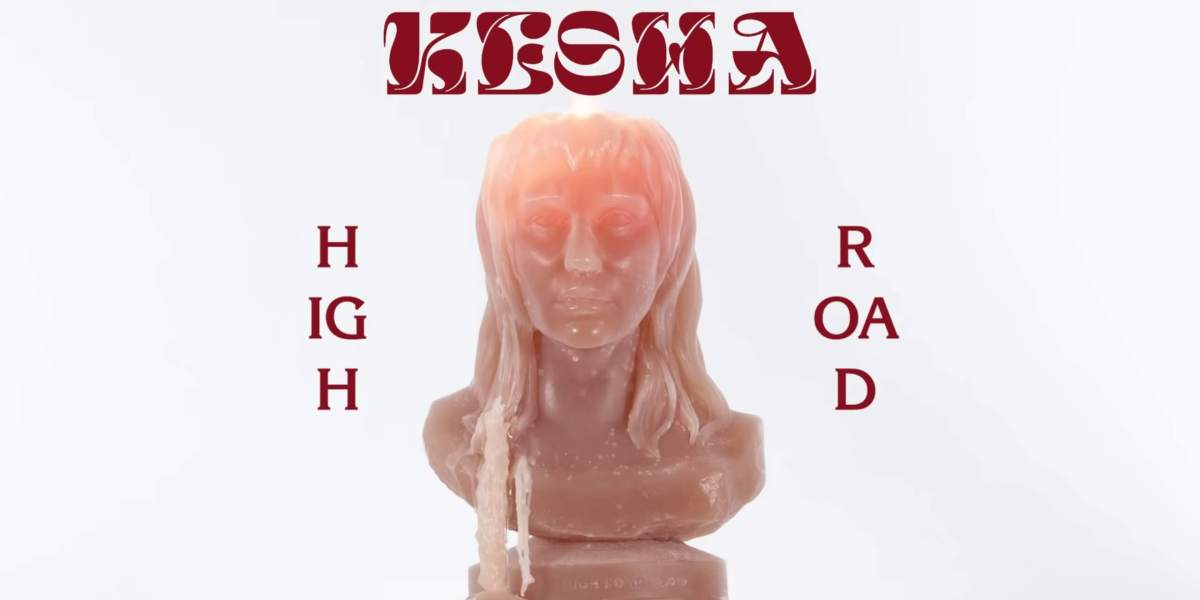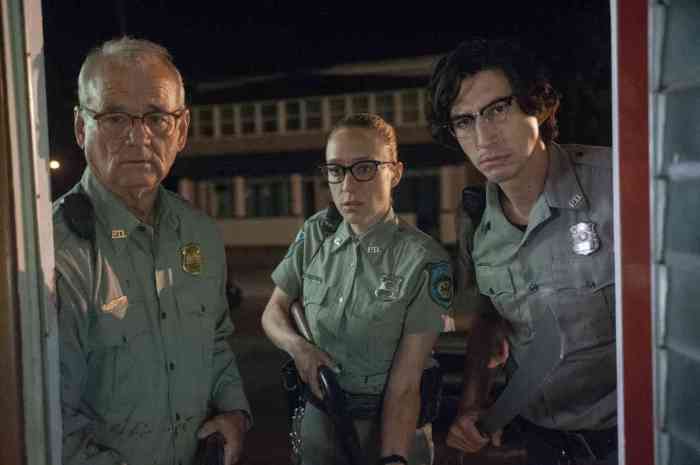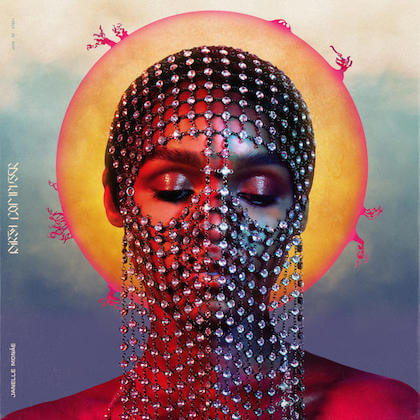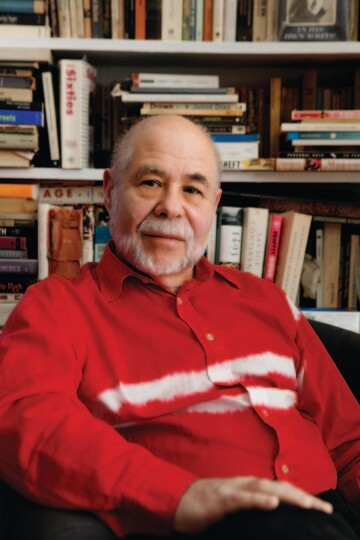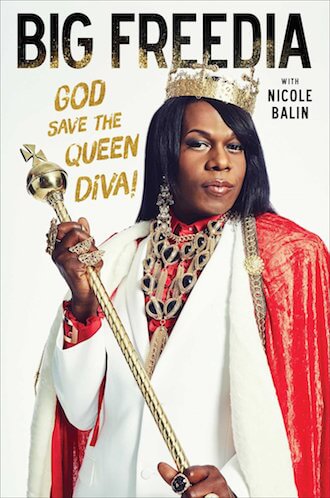Kesha kicked off the last decade at the height of her popularity. The bisexual singer’s first single “Tik Tok” was also the first #1 hit of the 2010s. She released her debut album “Animal” in the first week of 2010. At the time, her party girl act, which embraced the “Jersey Shore” lifestyle with a degree of irony, was taken at face value. Instead of being heard as an expressive tool, her heavy use of wobbly Autotune was perceived as a cover for an inability to sing on key.
After her second album, “Warrior,” was released in 2012, she accused her songwriter/ producer Lukasz “Dr. Luke” Gottswald of sexually assaulting her. Although she won the battle in the court of public opinion and did enormous damage to his career, she lost her civil suit against him. But the five-year break from recording caused by her legal issues allowed her to reinvent herself. She morphed from Ke$ha, who celebrated brushing her teeth with Jack Daniels, to Kesha, who sang soulful ballads about her personal experience.
While it was much less popular than “Animal,” “Rainbow” got taken far more seriously by music critics. (The 10th anniversary of “Animal” at the start of this month led to some reappraisals.) One reason was a change of style. Instead of dance-pop-rap suggesting the Black Eyed Peas on a reality show soundtrack, she picked up an acoustic guitar and came closer to Dolly Parton.
Even in 2010, the limits of Ke$ha’s vision of empowerment were pretty obvious. She flipped the objectification of women in hair metal (a style she explored on her second album) and hip-hop on its head, comparing herself to P. Diddy and singing “Ain’t got a care in the world, but got plenty of beer… And now the dudes are linin’ up ’cause they hear we got swagger/ But we kick ’em to the curb unless they look like Mick Jagger.”
But her 2012 single “Die Young” quickly fell down the charts when the Sandy Hook massacre took place, and she admitted that she was uncomfortable with its lyrics, saying she was forced to sing them. (She participates in an orgy with men and women underneath a pentagram as upside-down crosses flash onscreen in its moralist-baiting video.) The phoniness and darker undercurrents of her bragging about casual sex and partying are clearer now that we know how much they were shaped by an abusive man.
“Rainbow” could be seen as a rejection of Kesha’s past. She said that it was a more personal endeavor than her first two albums. But “High Road” makes a partial return to her early hedonism. “Hymn” reached out to kids alienated by organized religion; here, the gospel-influenced “Raising Hell” deepens it by declaring “can I get an amen/ this is for the misfits of creation,” with a feature from gay rapper Big Freedia. In the music video, she plays a televangelist who murders her abusive husband.
The album brings together the two sides of her personality. The opening moments of the first song, “Tonight,” suggest “Rainbow Pt. 2,” as it begins as a piano ballad. But it then leads into a slowed-down voice saying “bitch, we going out tonight.” It returns to the old Kesha style, as she starts rapping, over distorted bass, about getting drunk and dancing. With this song, the promise of this album comes through: she’s retconning her early music with full control.
The album has a few missteps. “Kinky” sings the praises of polyamory and casual sex, complete with a spoken intro where Kesha calls herself Kinky Spice, but it reminds me of Madonna’s early ‘90s attempts to use sex for shock value. Gay singer/ songwriter Wrabel duets with her on “BFF,” an ode to friendship between men and women that falls into sentimentality despite the raunchiness of some of its details.
However, “Resentment,” on which Wrabel returns alongside Brian Wilson and Sturgill Simpson, is the album’s most moving ballad. The horn-driven “Potato Song (Cuz I Want To),” is its most musically adventurous song, bringing out Kesha’s musical theater kid.
“Rainbow” tends to be remembered now for its two hit singles, “Praying” and “Woman,” both of which are tied to Kesha’s struggles to regain control of her career and life. “High Road” was made with the assumption that she can take that control for granted. The tone of “High Road” is celebratory, full of loud, bombastic choruses that are out of fashion in 2020 pop. Even when she’s not rapping, Kesha draws on the swagger of hip-hop.
But given what Kesha’s been through, this album proves she can balance reflection and dancing all night, sometimes on the same song. After the emotional catharsis of “Rainbow,” she’s now more interested in fighting for her right to party.
KESHA | High Road | RCA/ Kemosabe | rcarecords.com/artist/keha/

